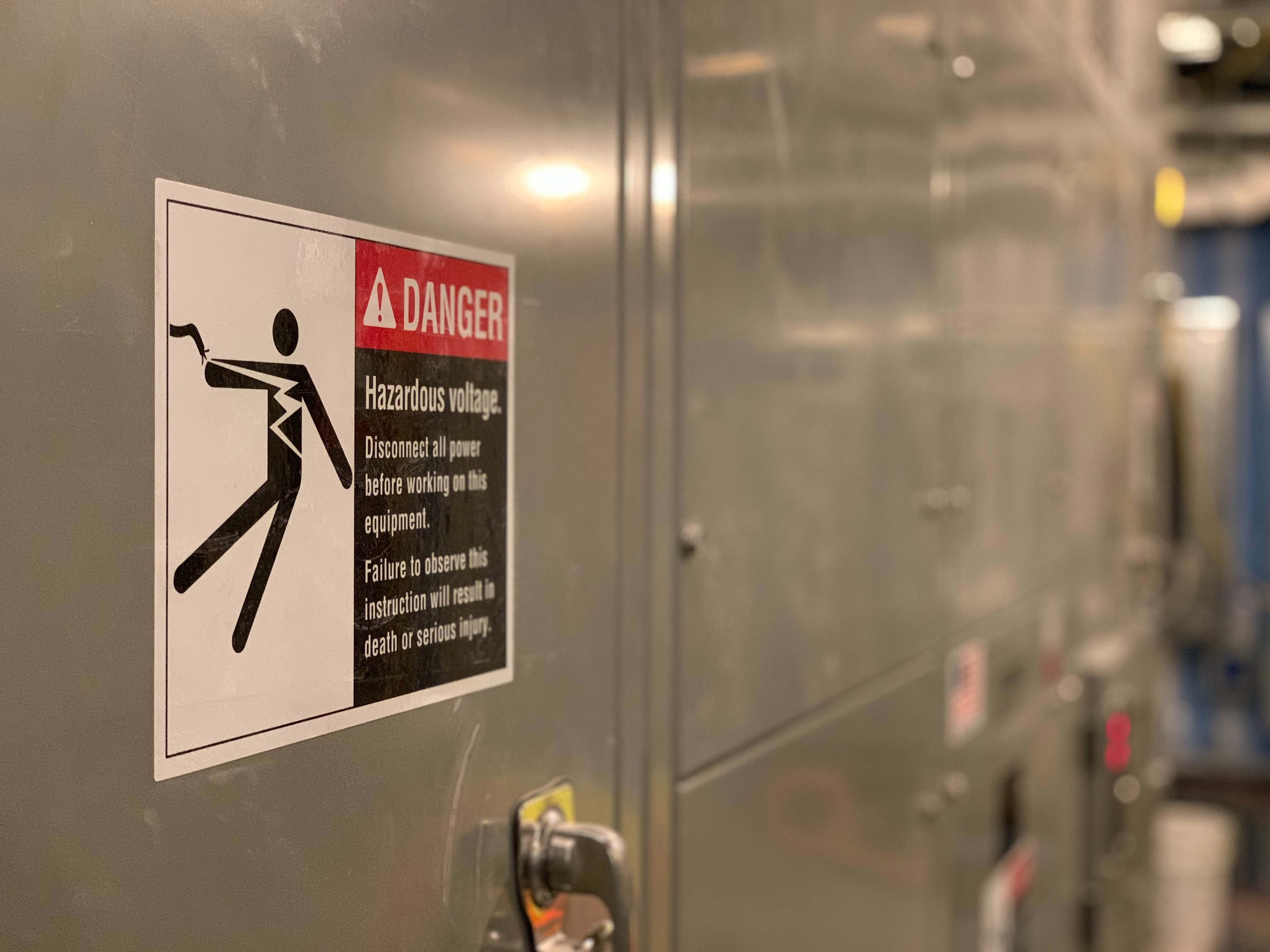From 20 second hand-washing guidelines to dreaded slips, trips, and falls: when we think of safety, mental health is unlikely to be among our first concerns—however, when one in five workers are affected, why are we not being proactive about Mental Health?
“It’s important that we’re proactive instead of reactive and work in a way that we can create systems to ensure that people can actually address some of their mental health issues and not feel that there is a stigma attached to it.”
Janine Allis, Founder and Executive Director of Retail Zoo
The Australian Bureau of Statistics has stated that of the 7.9 million full-time employees in our country, 5 million will work above 40 hours per week and 1.6 million will work above 50 hours per week.
We lose sight of what is important in a consumer’s world; prioritising shareholders and—dare we dream—turning a profit. However, it is during your prime working years (ages 16-64) that you are most likely to experience some form of a mental health condition (most commonly anxiety and/or depression).
It’s no surprise then that one in five employees took time off work due to feeling mentally unwell. This research from HeadsUp in 2014 provided further insight, with almost half of these employees choosing not to disclose their reasons to anyone in their workplace.
SO WHAT?
Employers have already been advised by Safe Work Australia that work, health and safety laws also apply to psychological risks (as well as physical ones). The COVID-19 pandemic has changed the way we work and how we interact with the world. People are also dealing with new sources of stress—or are experiencing a sudden increase in stress—relating to financial pressures, social isolation, and employment uncertainty.
It is crucial that our most valued stakeholders feel comfortable talking about mental health within the workplace. This year’s theme for Mental Health Month October was ‘Tune In’. You may have heard of mindfulness programs—apps and instructional guides designed for individuals to take a moment; breathe, reorient, and refresh. ‘Tune In’ builds upon these techniques as they have proven significantly successful in workspaces, schools, and many other stress-prone environments.
Tuning In to communities and the impact of mental health stigma can help ensure that people who need support have safe places to talk about their experiences and reach out.
Duty holders and Officers of the business are required to take reasonably practicable steps ensuring employees, contractors, and other members of staff are working in a safe environment and lowering the risk around physiological hazards. It is important to allow time for your employees to take time off for their mental health and also provide an appropriate work-life balance to manage this risk.
CONSIDER THIS!
Looking for ways to take action within your business? Create an event for TuneIn, join HeadsUp or… stop shaving! This month is the well-known event of Movember. Start a conversation with your colleagues and promote awareness and acceptance through a facial hair statement. Or, if growing a moustache isn’t enough, you can participate in “Move for Movember” or host a “Mo-ment”. For the 60 men lost every hour to suicide across the world, run or walk 60km over the entire month to show your support or create an event to raise funds your own way.
“At the end of the day, success or failure of any business is its people.”
Janine Allis, Founder and Executive Director of Retail Zoo
Through these trying times, it is always important that people in and outside your business know there is someone to lend an ear. Victual can assist the business in adding a Health and Wellbeing action plan and a WHS approach to Mental Health.
Reach out to Victual on 1300 72 255 or visit our website.
Join the conversation: “How COVID-19 has affected mental health in your workplace”.
If you or anyone you know is experiencing or exhibiting signs of emotional distress, please contact Lifeline’s 24-hour telephone counselling service—free and confidential. Phone 13 11 14 or visit www.lifeline.org.au/
For more information and resources:


